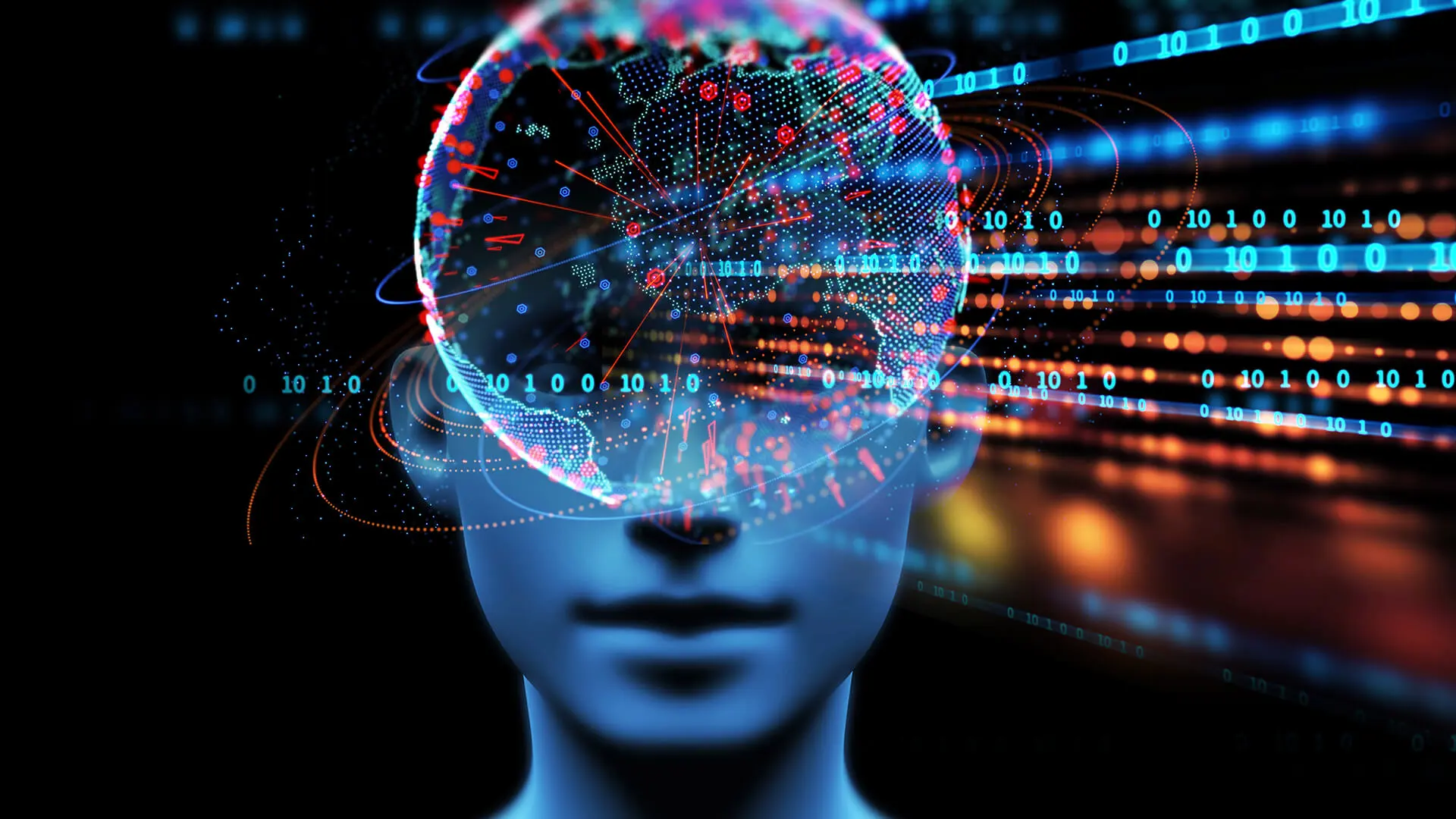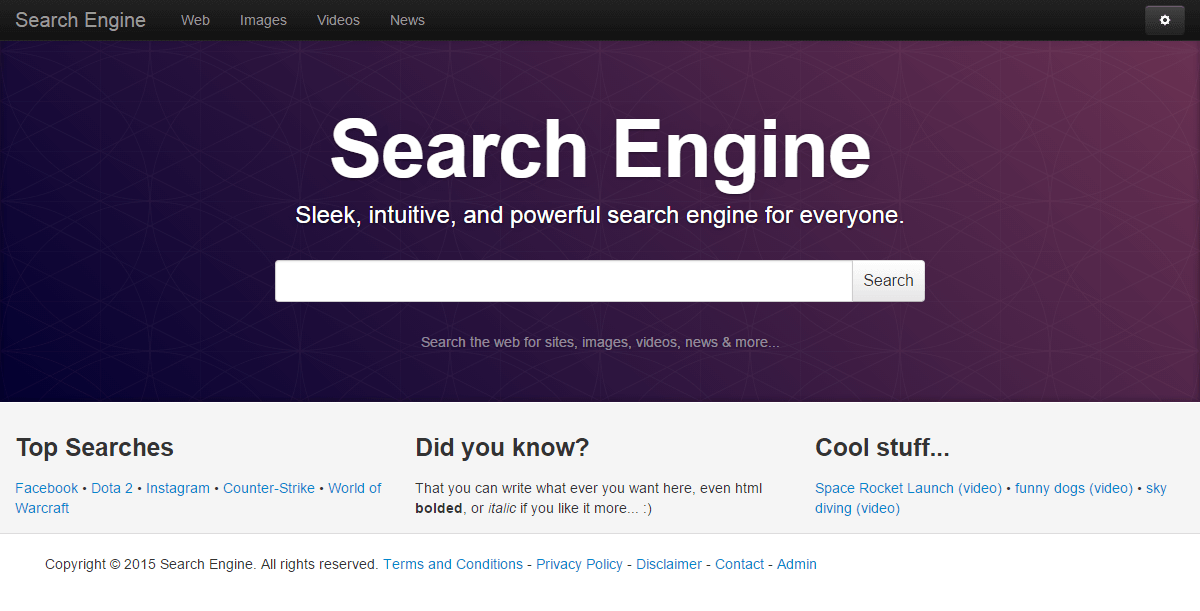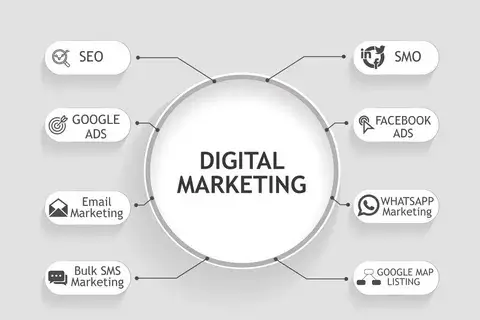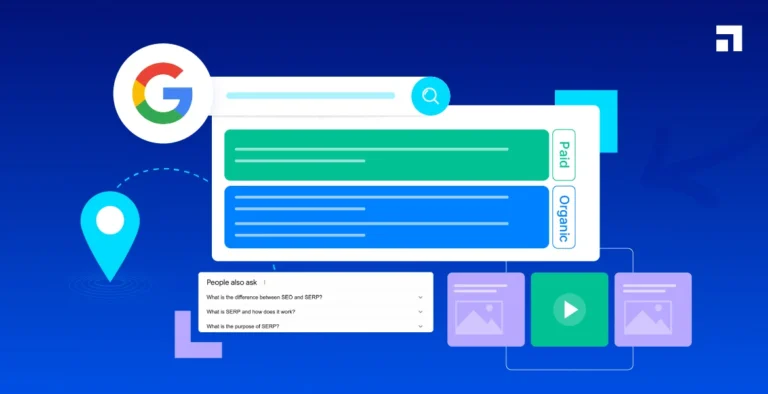AS Artificial Intelligence takes over the digital world, The impacts that it places on employment need to be addressed to identify if it will affect the human workforces in any way.
In a general overview the waves of Artificial Intelligence (AI) are reshaping the shores of the job market in various ways. As we stand on the brink of this technological revolution, it’s crucial to understand how AI is not just a buzzword but a transformative force that will undoubtedly leave its mark on the way we work.
The profound impact of AI on employment, unraveling the changes, challenges, and opportunities that lie ahead are very important to be discussed to fully realize the power of AI.
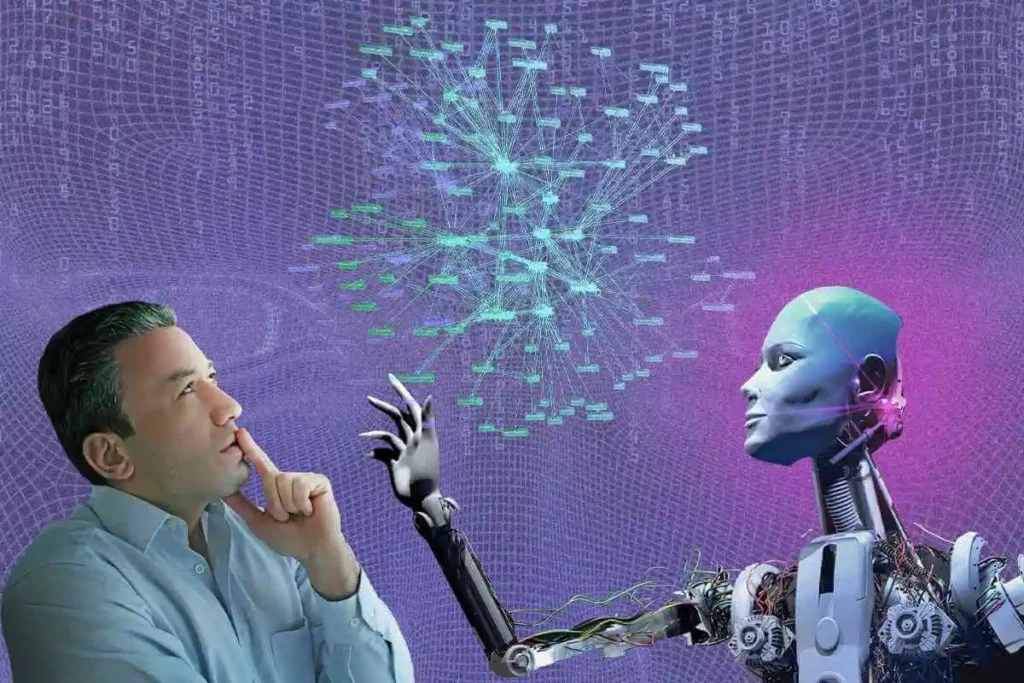
AI’s Role in Job Automation
It is important to properly understand the complex link between artificial intelligence and human labor as we delve more into how AI is affecting the automation of jobs.
AI has the ability to automate repetitive, routine operations that have previously been an essential part of many job functions because of its speedy calculation and data analysis capabilities.
For the workforce, this offers opportunities as well as barriers. Although worries about employment loss are legitimate, we must see AI as a means that adds to human labor rather than as a complete replacement.
Time-consuming and repetitive, routine tasks are often suited to automation. Staff members are able to concentrate on activities that call for innovation, emotional intelligence, and logical thinking qualities that computers now lack because AI is taking over these tasks.
Businesses should give upskilling and reskilling programs top priority in order to manage this transition. This entails funding initiatives that provide workers the know-how to flourish in jobs that AI is unable to replace.
Instead of fighting automation, the objective is to strategically use it to your advantage and establish a mutually beneficial partnership between human intelligence and AI skills.
By doing this, the workforce improves its efficiency, adaptability, and readiness for the challenges presented by the digital age.
Navigating Unidentified Areas and Creating New Job Categories:
In addition to automating current professions, the rapidly changing field of artificial intelligence (AI) is also bringing in an entirely new phase of career opportunities. The need for specialists in fields like data analysis, machine learning, and AI development is growing along with the use of AI.
These newly created job categories reflect the revolutionary potential of AI while also emphasizing the necessity for a workforce capable of navigating these unexplored areas.
Those who want to succeed in this AI-driven labor market need to understand the value of continuous development. The conventional effective path, which involves developing skills early in life and depending on them for the rest of one’s life, has become outdated.
Being flexible is essential for success. It takes a forward-thinking approach to learning and skill acquisition, as well as a desire to discover and adopt innovative technology, while also recognizing new career categories.
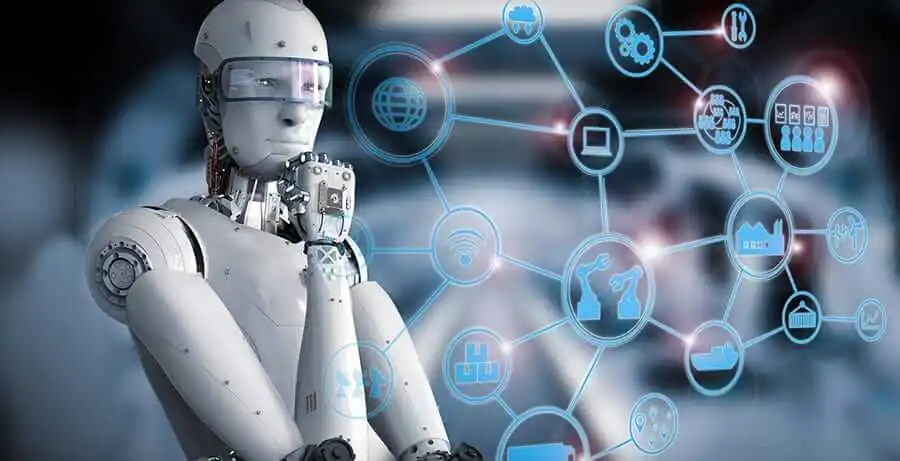
Prioritizing Company Values:
It is strategically critical for firms to identify and invest in these freshly developed areas of employment. This entails not just employing people with experience in AI-related domains but also developing a creative work atmosphere that recognizes and honors workers who support workforce change.
Making AI and Human Collaboration A Need for Efficiency
The adoption of AI in the workplace represents a shift in perspective in which the interaction of human intelligence and artificial intelligence is seen as a key characteristic. This kind of cooperation is like a piece of music, in which every element human and AI contributes to a perfect and effective melody in the workplace.
The power of AI is in its capacity to process massive quantities of data accurately and quickly. When it comes to data processing, pattern detection, and decision-making processes, this talent is quite helpful. Artificial intelligence (AI) can be a catalyst for growth when it is smoothly incorporated into human procedures, freeing up humans to concentrate on jobs requiring complicated problem-solving, emotional intelligence, and intuition.
In the financial sector, AI-powered instruments help with risk evaluation and identifying fraudulent activity. Similarly, in the healthcare industry, medical data is analyzed by AI algorithms and used to identify possible illnesses.
Process efficiency is increased when human intuition and AI precision work together in a powerful way. But for businesses to achieve this teamwork, a mentality change is necessary.
In order to do this, it is necessary to eliminate divisional barriers and promote an environment at work that encourages collaborative teamwork. Teams must view AI as a valued ally that expands their capabilities rather than as a danger.
Aligning Human Values With Automation
Making sure AI technologies are in line with human values and aims while integrating them seamlessly is the problem that needs to be resolved. Instead of eliminating human career fields, this joint solution aims to improve them, fostering an environment where productivity rises and innovation serves as an essential component for advancement.
Ethical Considerations in the Age of AI Employment
As artificial intelligence (AI) grows more and more included in the workforce, ethical issues become a crucial aspect of its use. Beyond the economic gains and technical wonders, careful consideration is needed to address concerns about algorithmic bias, data privacy, and the wider societal effects of AI.
The ethical creation and application of AI Algorithms is one important factor to take into account. Transparency is essential; people need to know exactly how AI systems decide on things that impact their life.
Algorithmic bias is a serious issue whereby AI systems unknowingly reinforce underlying biases. Fairness and inclusion must be prioritized all through the AI development process in order to address these problems.
Concerns about data privacy are widespread since AI systems frequently rely on enormous volumes of personal data. It’s challenging to strike a balance between protecting people’s privacy and using data to enhance AI.
Businesses need to implement strong privacy policies to make sure that data use complies with legal requirements and ethical norms. Furthermore, ethical AI transcends organizational lines.
Companies should actively participate in more general social discussions, working with advocates, ethical thinkers, and legislators to create rules and policies that guarantee AI is beneficial to society as a whole.
Adapting and Thriving To Build The Future Workforce:
When considering the workforce of the future, flexibility stands out as the key to success. AI’s effects on employment are evolving; they are not a fixed transition. As such, the workforce must be prepared to adapt to a constantly shifting and dynamic environment.
Developing an attitude that welcomes ongoing learning and flourishes in an uncertain environment is what makes someone adaptive, rather than just picking up new abilities. A more flexible and adaptive strategy is gradually replacing the conventional idea of a linear career path.
People need to be engaged in looking for training and development opportunities so that their skill set stays relevant in a labor market that has been changed by technology improvements.
Establishing an adaptable culture is of the utmost importance for organizations. This entails fostering an atmosphere that rewards experimentation and creativity in addition to offering resources for team growth.
A forward-thinking company knows that flexibility is a competitive edge in a world where change is the only constant. It’s not merely a way to react to shifting circumstances. Beyond technical expertise, developing a broad range of abilities will be essential for the workforce of the future.
Success will be largely determined by factors like creativity, emotional intelligence, critical thinking, and flexibility. The ability of humans to brainstorm, empathize, and solve complicated problems grows more and more valued as routine work becomes mechanized.
We have come to the conclusion that we are at the beginning of a revolutionary age in the study of how AI will affect employment. Instead of fighting change, the way to thrive is to welcome it with a willingness to learn and take positive steps towards it. The prospect for work to become an opportunity for creativity, teamwork, and limitless possibilities in the future is illuminated by the mutually beneficial relationship between human intellect and AI. The path ahead may be undetermined, but for those prepared to take advantage of the chances offered by the always changing field of AI-infused employment, the future of work looks to be an exciting adventure.

